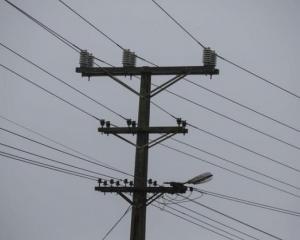
Christchurch City Council has started collecting information from police and city council staff in the area as it makes the first steps to determine whether a ban can be implemented.
Photographic evidence of alcohol-related incidents in the area and a petition signed by residents were also included.
It comes after the city council decided to investigate the liquor ban after concerns about an increase in anti-social behaviour related to people consuming alcohol on the street.
The investigation will take one to two months.
If there is sufficient evidence, staff will report back to council, which could then consider a temporary alcohol ban.
However, the report has been delayed due to the local body elections.

If the temporary ban appears to address the problems, the council will consult the community about a permanent ban.
Said Woolston resident Paul McMahon: “I’m glad that the council accepted there is enough evidence and now it’s time for them to get the right people around the table.”
He presented a petition to the Waikura Linwood-Central-Heathcote Community Board in July.
The petition in support of an alcohol ban had more than 170 signatures.
McMahon said alcohol-related harm has been an ongoing issue in the community.
"I am aware that an alcohol ban is a very blunt tool and is not a solution in itself.
"I do not wish to criminalise people who are poor and addicted to alcohol."

The appeal came after a group of residents, police and the medical officer of health failed to stop the Super Liquor Ferry Rd application.
The store is located in a level nine deprived area. The New Zealand Index of Deprivation, which ranges from one to 10, aims to measure the level of socioeconomic deprivation in an area, with one being the least deprived and 10 being highly deprived.













